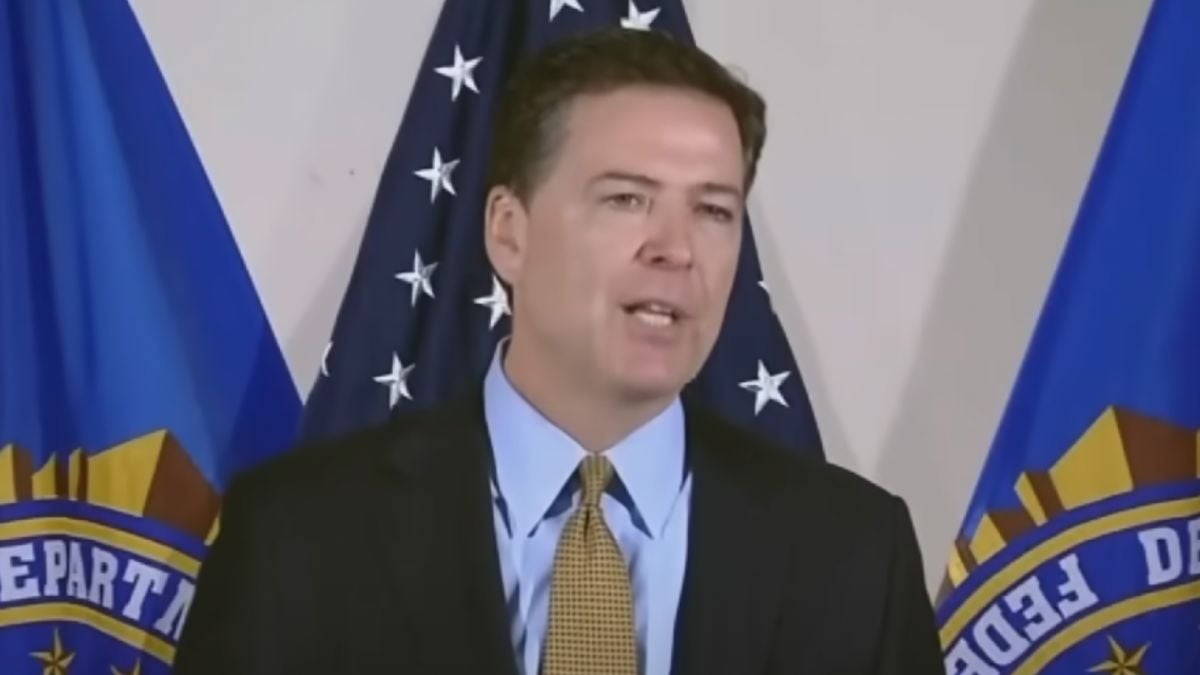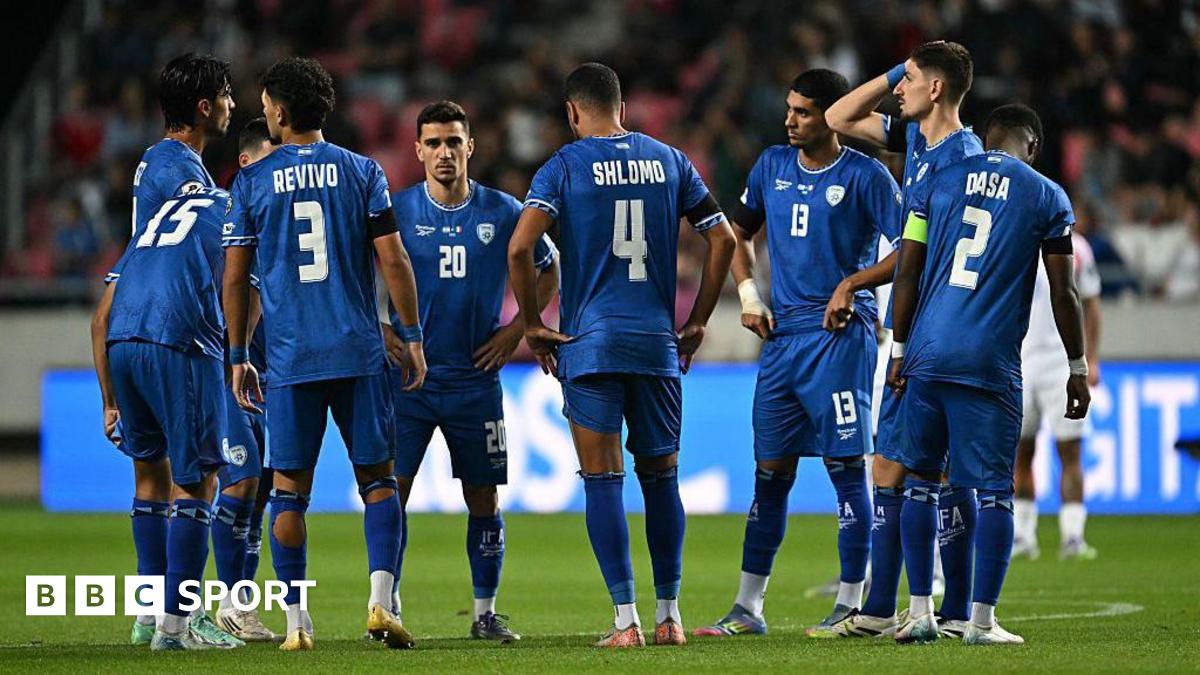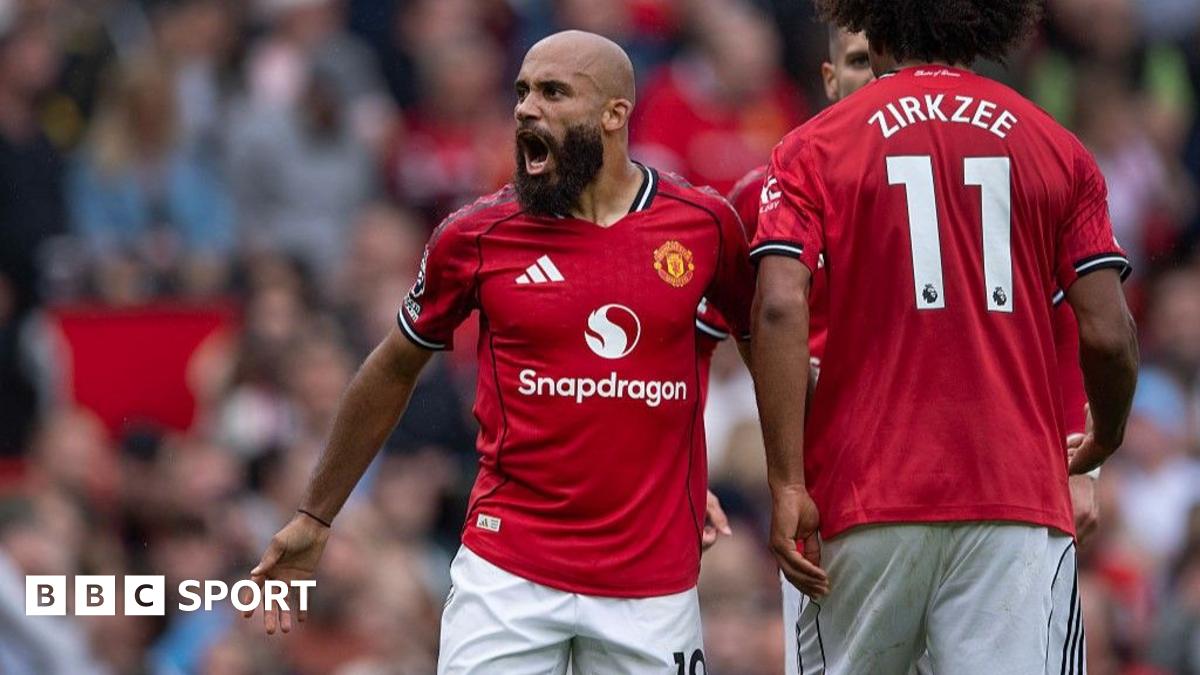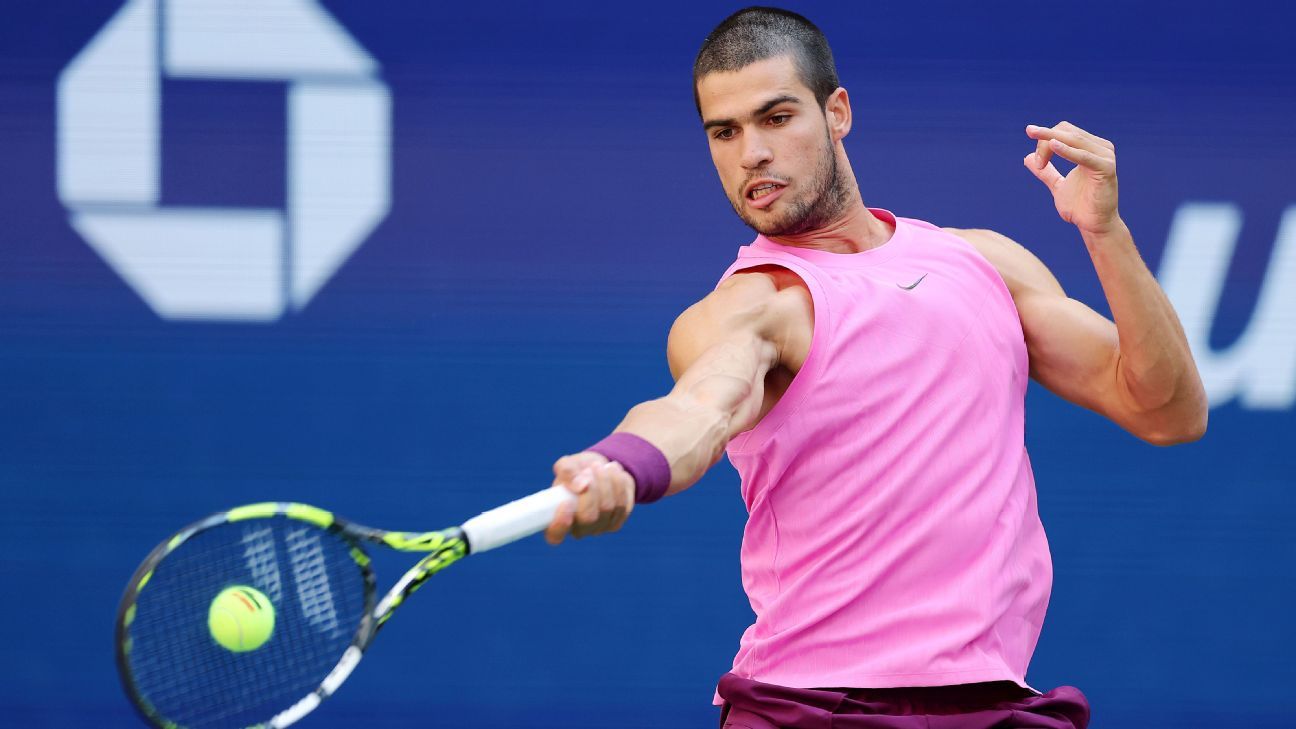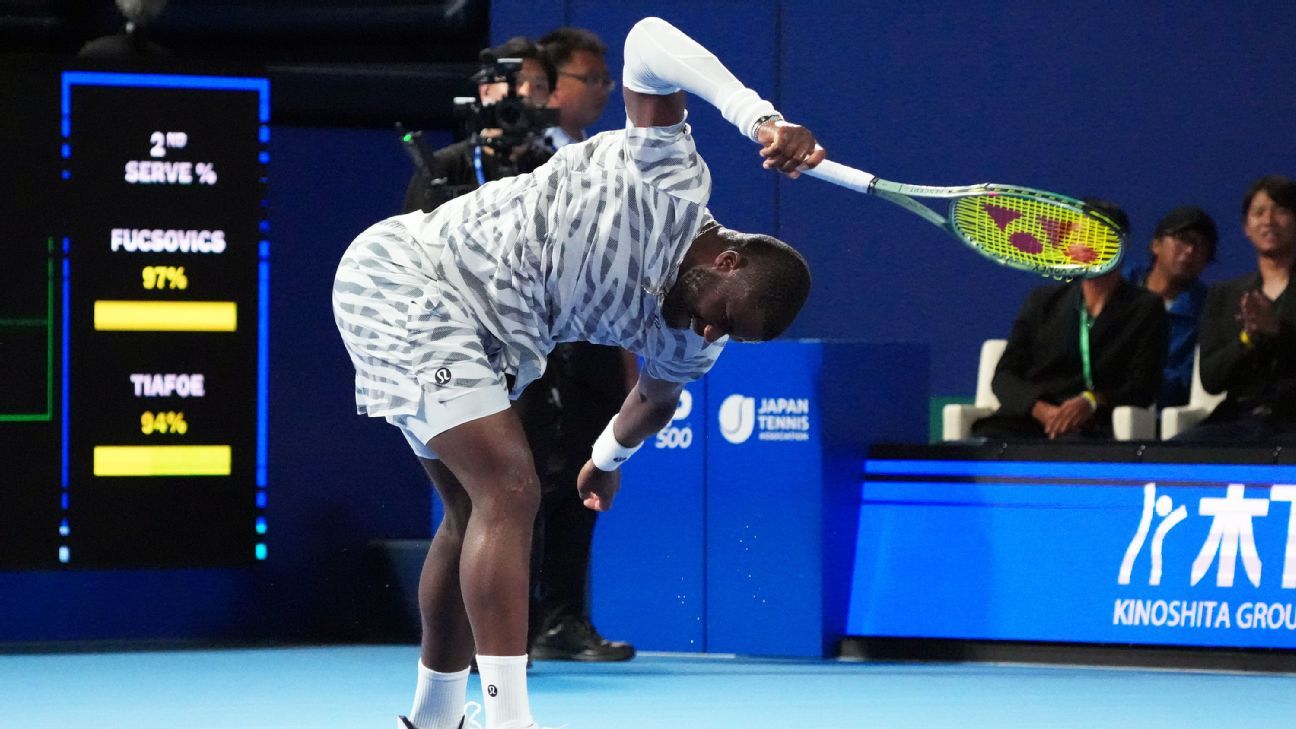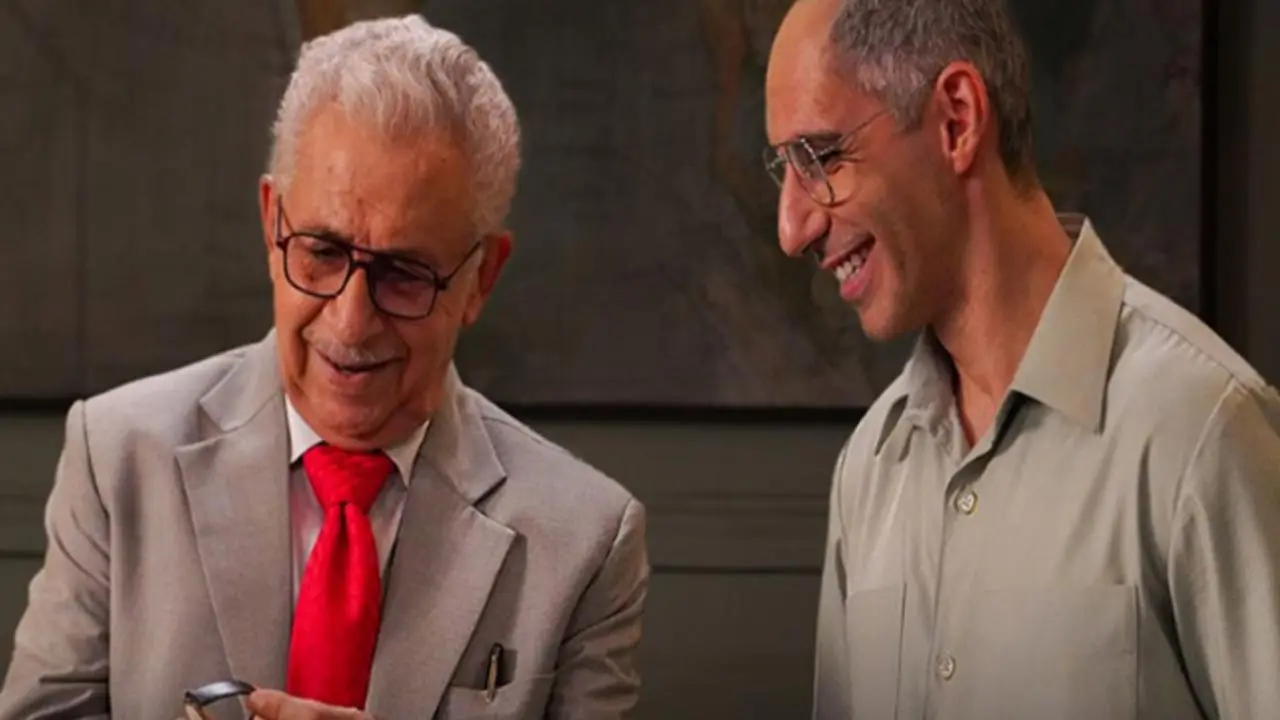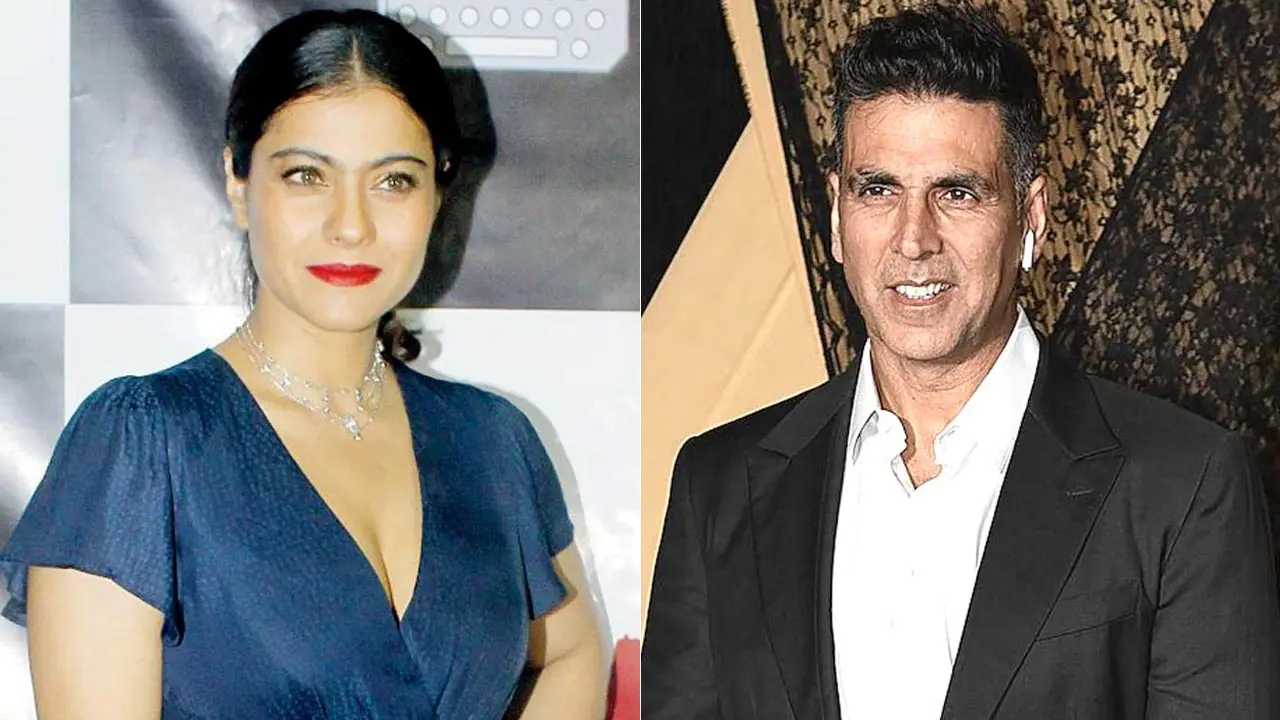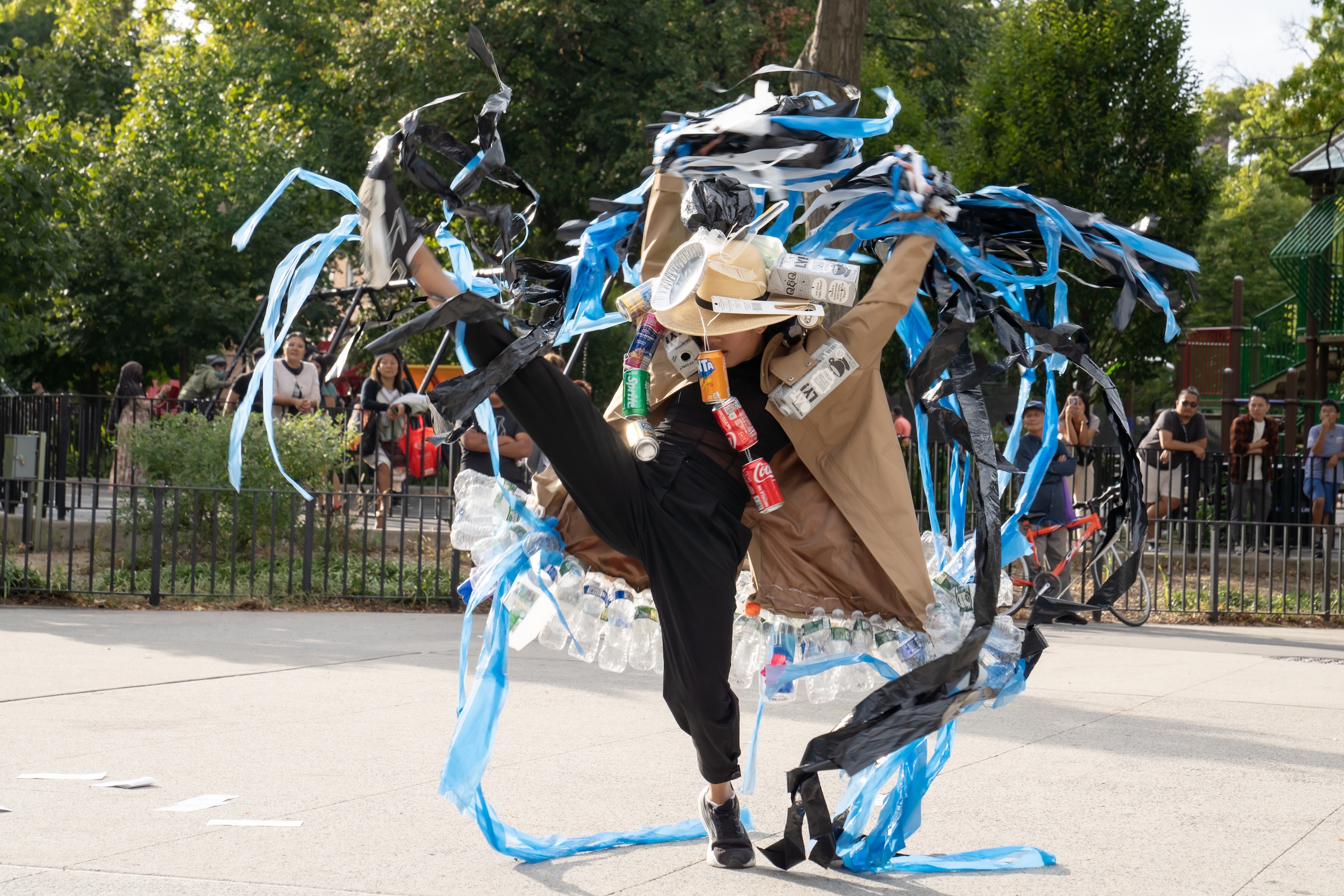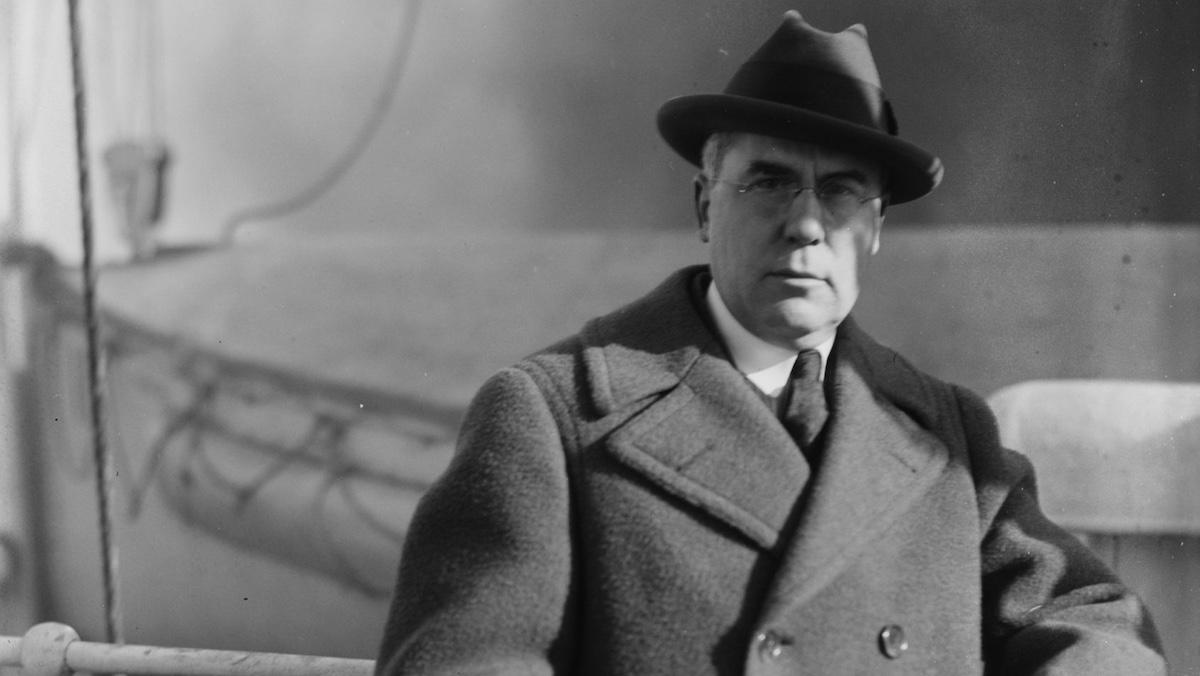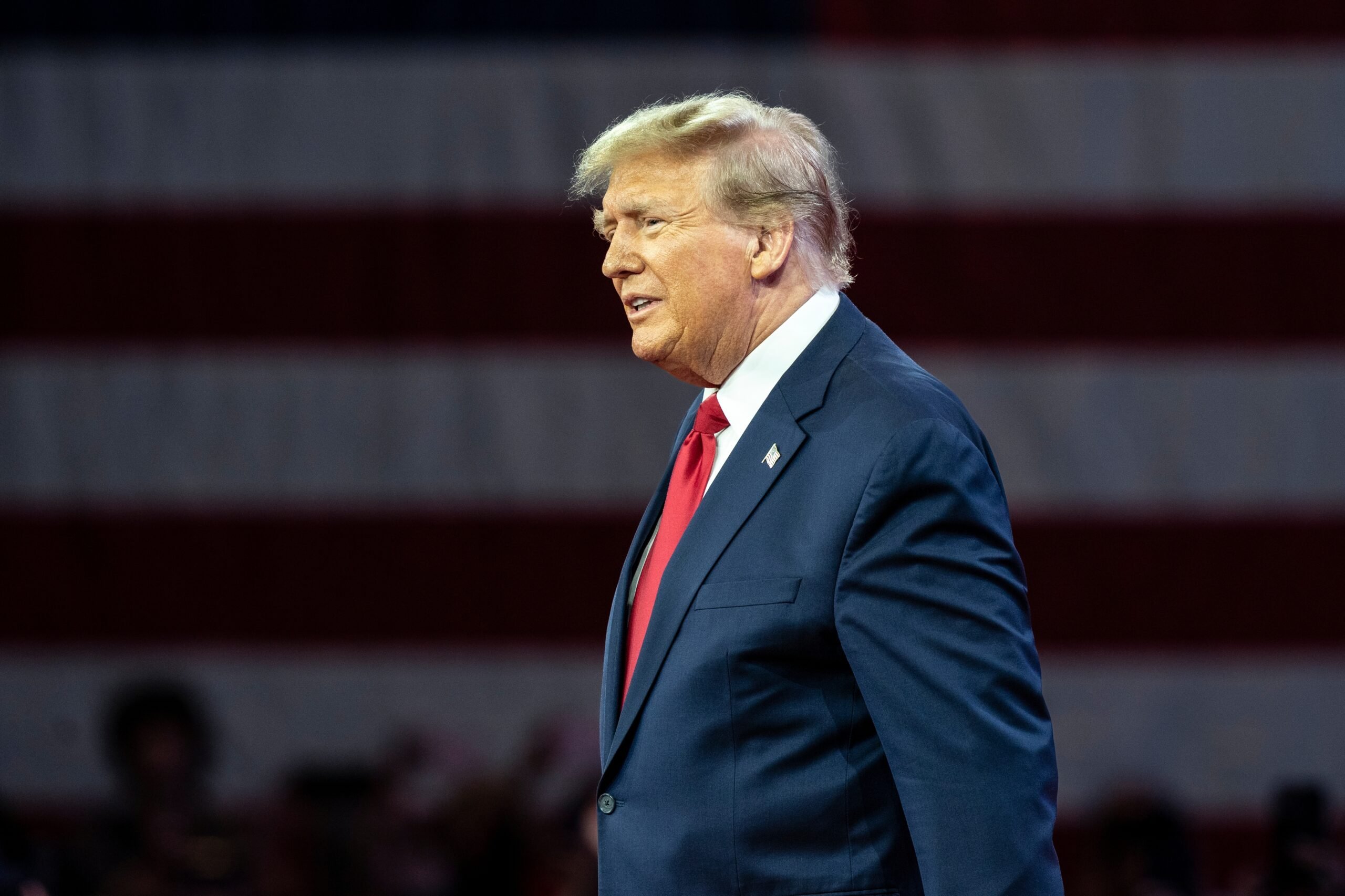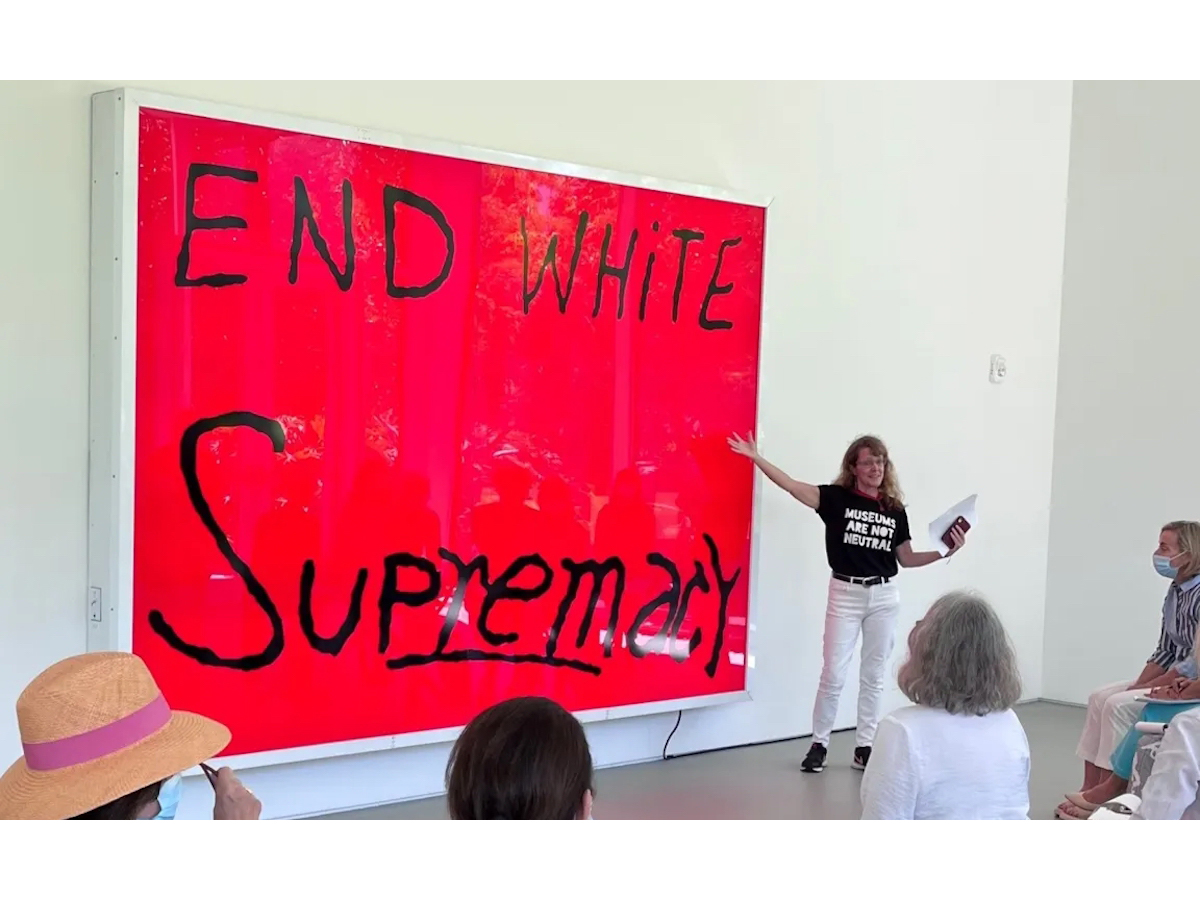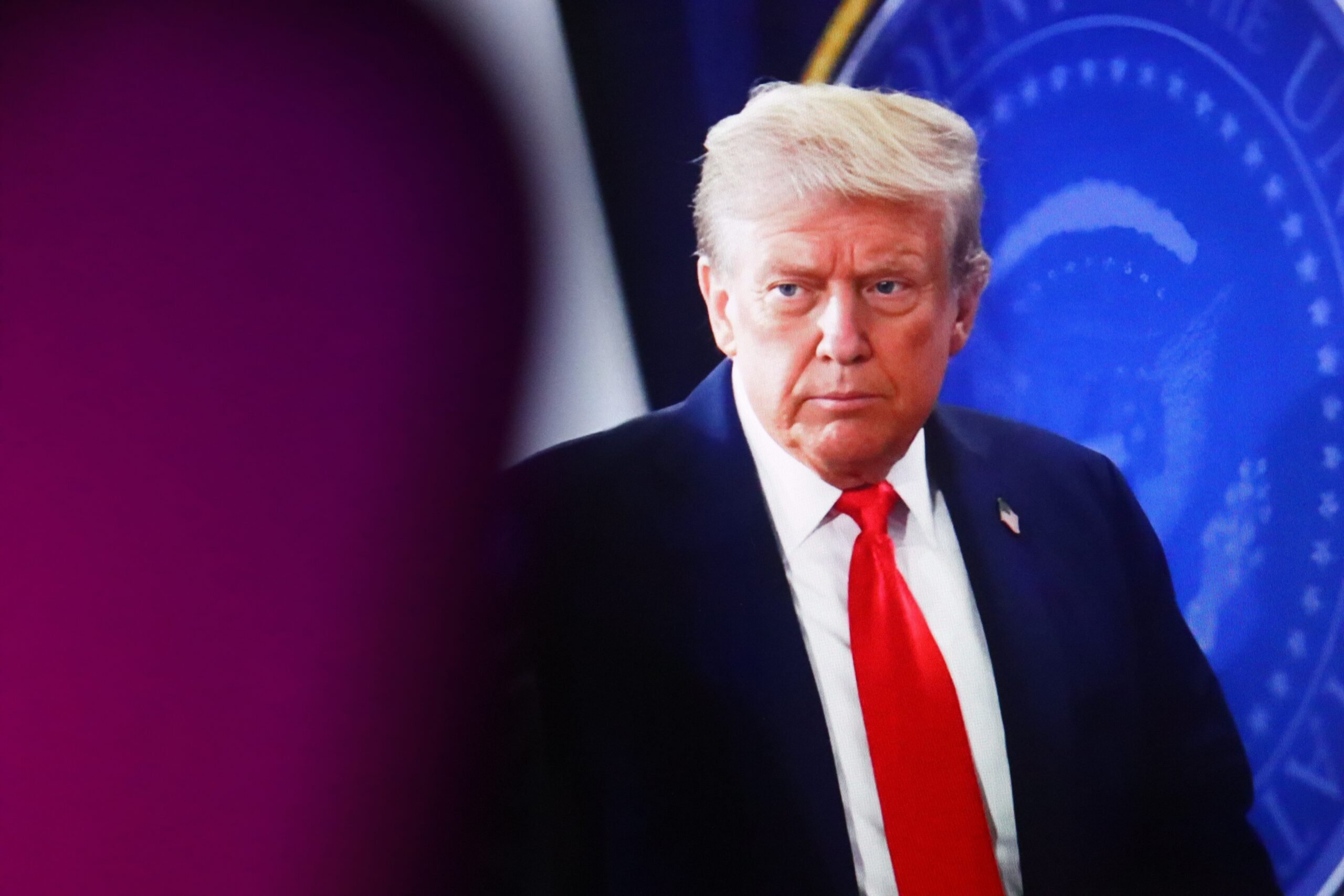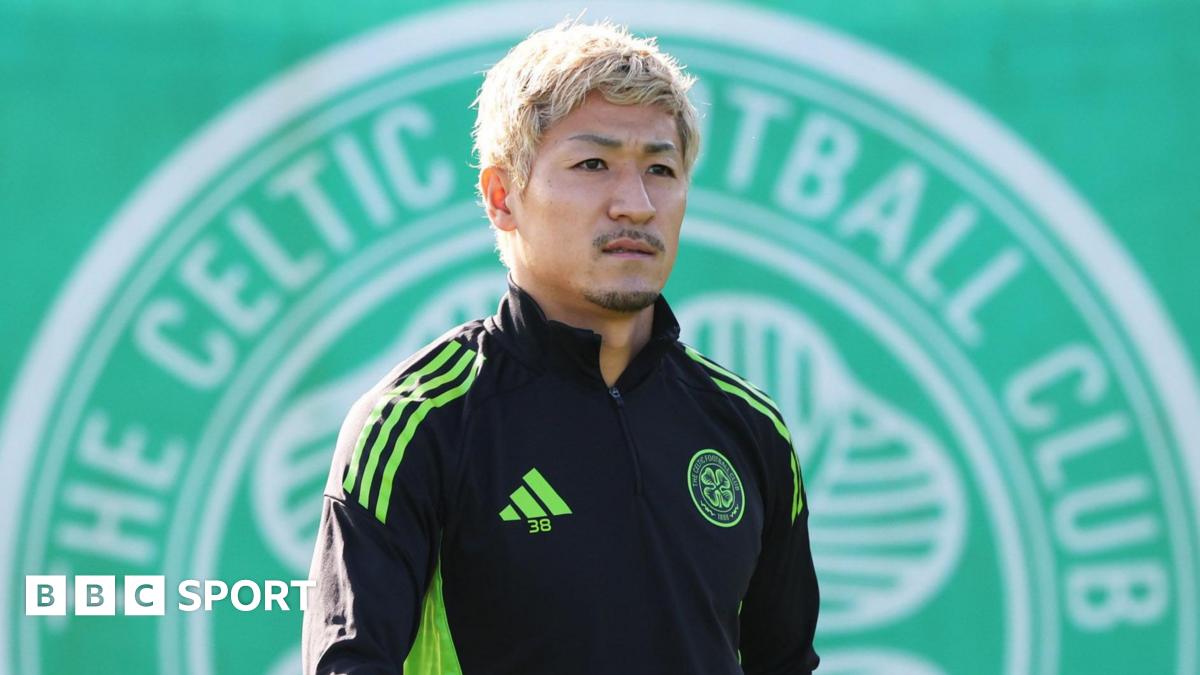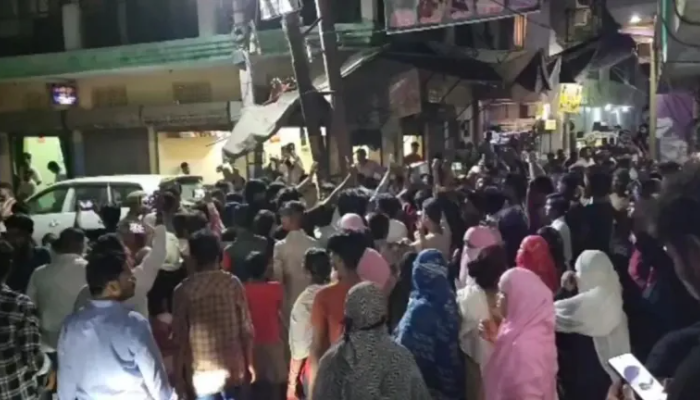As Naxals face a near-wipeout, two senior leaders on loggerheads about surrendering: Telangana Intelligence report says panic amid Maoist cadre
The Modi government has launched an unparalleled campaign against red terror in India with Home Minister Amit Shah repeatedly asserting that the country will be free from this threat by 31st March 2026. The assertive measures undertaken by security forces have not only drastically decreased the number of active Naxalites and their leadership through elimination but have also prompted many to surrender in response to the no-tolerance policy and the development efforts undertaken by the central government. Two factions within the Maoist party are at odds over whether or not to give up their weapons and integrate into society, according to the most recent development. The news was shared by high-ranking officials in the Telangana state intelligence wing, reported The Indian Express. The groups are headed by Mallojula Venugopal Rao, also known as Sonu and Thippiri Tirupathi alias Devuji. Sonu is the ideological leader of the party and supports surrender while Devuji wants the continuation of the “armed struggle” and serves as the current general secretary of the Central Military Commission. It is the armed wing of the Communist Party of India (Maoist). Devuji is from Jagtial and Sonu hails from Peddapalli in Telangana and both have a ₹1 crore bounty each. Three letters unveil significant split Three letters that were swiftly made public revealed the internal division. According to the first, which Sonu wrote on 15th August and published on 17th September, the party is “ready for peace talks” with the centre and is willing to “temporarily surrender arms.” He revealed that Basavaraju, their former general secretary supported putting down weapons. The latter carried a reward of ₹1.5 crore and was killed alongside 26 other Naxals in an operation in the Abujhmad area of Chhattisgarh’s Narayanpur district in May. The letter read, “In view of the changed global and national circumstances, as well as the continuous requests from the Prime Minister, Home Minister and senior police officials to give up arms and join the mainstream, we are ready to give up arms and join the mainstream.” On 19th September, the Maoist party’s Telangana state committee issued a second letter signed by its spokesman Jagan, claiming that Sonu merely voiced his personal view. Another letter denouncing Sonu’s stance as “treason” was then sent on behalf of the party’s Central Committee, Politburo and Dandakaranya Special Zonal Committee. “It is not our policy to betray the oppressed people by surrendering weapons to the enemy and joining the mainstream,” it announced, ruling out the possibility of a complete surrender. The letter further stressed, “The changing international and domestic circumstances do not indicate an abandonment of the armed struggle. On the contrary, they demonstrate and prove the necessity of continuing armed struggle.” What did the official sources say “One needs to understand the context from which these letters stem. The letters reveal the ‘two-line struggle’ within the party – one section is saying it is time to lay down arms and the second saying it is time to fight with more gusto,” disclosed a senior intelligence official. “It is with the blessings of Devuji that this central committee letter has come out in favour of continuing the armed struggle,” the source added. According to sources, the conflict between the two camps within the party has persisted for the past 12 months. A year ago, Sonu’s spouse Tarakka surrendered n Maharashtra and in September, P Padmavati, the wife of his brother Kishenji followed suit in Telangana. The party released a Politburo memo in 2024 stating that it should “retreat” since its rungs are “weak.” “A section of the party – its ideological backbone – has been contemplating surrendering and adopting democratic means. The other section, however, has been staunch supporters of armed struggle,” another official mentioned. The person pointed out that a number of armed groups have previously embraced democratic methods and added, “The most prominent example is CPI (Marxist, Leninist),” the person added. The party’s split coincides with an increased security campaign against its cadre and members. There are now only 10 members of the central committee down from 19 at one time. The officer stated, “There is a crisis and two wings of the party are responding in two different ways.” Modi government’s war on left wing terrorism Naxalism encountered a major setback after the central government implemented a forceful approach to dismantle their strongholds in various parts of the nation. It unleashed “Operation Kagar” in January 2024 as part of its zero-tolerance stance against Naxals. It is a multifaceted approach that aims to address the underlying causes of naxalism by combining vigorous military operations, improved coordination between Central and State troops and development initiatives. Notwithstanding the bold declarations from the aforement
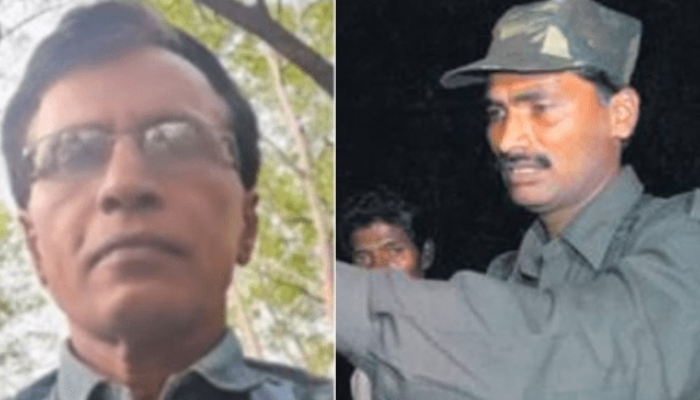


The Modi government has launched an unparalleled campaign against red terror in India with Home Minister Amit Shah repeatedly asserting that the country will be free from this threat by 31st March 2026. The assertive measures undertaken by security forces have not only drastically decreased the number of active Naxalites and their leadership through elimination but have also prompted many to surrender in response to the no-tolerance policy and the development efforts undertaken by the central government.
Two factions within the Maoist party are at odds over whether or not to give up their weapons and integrate into society, according to the most recent development. The news was shared by high-ranking officials in the Telangana state intelligence wing, reported The Indian Express. The groups are headed by Mallojula Venugopal Rao, also known as Sonu and Thippiri Tirupathi alias Devuji.
Sonu is the ideological leader of the party and supports surrender while Devuji wants the continuation of the “armed struggle” and serves as the current general secretary of the Central Military Commission. It is the armed wing of the Communist Party of India (Maoist). Devuji is from Jagtial and Sonu hails from Peddapalli in Telangana and both have a ₹1 crore bounty each.
Three letters unveil significant split
Three letters that were swiftly made public revealed the internal division. According to the first, which Sonu wrote on 15th August and published on 17th September, the party is “ready for peace talks” with the centre and is willing to “temporarily surrender arms.” He revealed that Basavaraju, their former general secretary supported putting down weapons. The latter carried a reward of ₹1.5 crore and was killed alongside 26 other Naxals in an operation in the Abujhmad area of Chhattisgarh’s Narayanpur district in May.
The letter read, “In view of the changed global and national circumstances, as well as the continuous requests from the Prime Minister, Home Minister and senior police officials to give up arms and join the mainstream, we are ready to give up arms and join the mainstream.”
On 19th September, the Maoist party’s Telangana state committee issued a second letter signed by its spokesman Jagan, claiming that Sonu merely voiced his personal view. Another letter denouncing Sonu’s stance as “treason” was then sent on behalf of the party’s Central Committee, Politburo and Dandakaranya Special Zonal Committee. “It is not our policy to betray the oppressed people by surrendering weapons to the enemy and joining the mainstream,” it announced, ruling out the possibility of a complete surrender.
The letter further stressed, “The changing international and domestic circumstances do not indicate an abandonment of the armed struggle. On the contrary, they demonstrate and prove the necessity of continuing armed struggle.”
What did the official sources say
“One needs to understand the context from which these letters stem. The letters reveal the ‘two-line struggle’ within the party – one section is saying it is time to lay down arms and the second saying it is time to fight with more gusto,” disclosed a senior intelligence official. “It is with the blessings of Devuji that this central committee letter has come out in favour of continuing the armed struggle,” the source added.
According to sources, the conflict between the two camps within the party has persisted for the past 12 months. A year ago, Sonu’s spouse Tarakka surrendered n Maharashtra and in September, P Padmavati, the wife of his brother Kishenji followed suit in Telangana. The party released a Politburo memo in 2024 stating that it should “retreat” since its rungs are “weak.”
“A section of the party – its ideological backbone – has been contemplating surrendering and adopting democratic means. The other section, however, has been staunch supporters of armed struggle,” another official mentioned. The person pointed out that a number of armed groups have previously embraced democratic methods and added, “The most prominent example is CPI (Marxist, Leninist),” the person added.
The party’s split coincides with an increased security campaign against its cadre and members. There are now only 10 members of the central committee down from 19 at one time. The officer stated, “There is a crisis and two wings of the party are responding in two different ways.”
Modi government’s war on left wing terrorism
Naxalism encountered a major setback after the central government implemented a forceful approach to dismantle their strongholds in various parts of the nation. It unleashed “Operation Kagar” in January 2024 as part of its zero-tolerance stance against Naxals. It is a multifaceted approach that aims to address the underlying causes of naxalism by combining vigorous military operations, improved coordination between Central and State troops and development initiatives.
Notwithstanding the bold declarations from the aforementioned group, the fact remains that areas which had devolved into significant centers of Maoist violence are again seeing progress and are being reintegrated into the mainstream. Furthermore, several Naxalites are requesting dialogue with the government, fearing for their lives and the total eradication of their movement.
The discord between the two factions of CPI(M) similarly exemplifies how even the senior leaders of the Maoist movement are unsure about their future and are inclined to surrender leading to a crisis within their shrinking organizations as ideological unity seems to weaken in light of government intervention.
Meanwhile, ten states and roughly 106 districts were categorised as Naxal-affected as of 2015. This number had dropped to 38 and then to 18 by 2024. Twelve of them were deemed to have been most affected by Naxal activity but now there are only six, signifying the effectiveness of the strategies and efforts implemented by both security forces and the Modi government.


